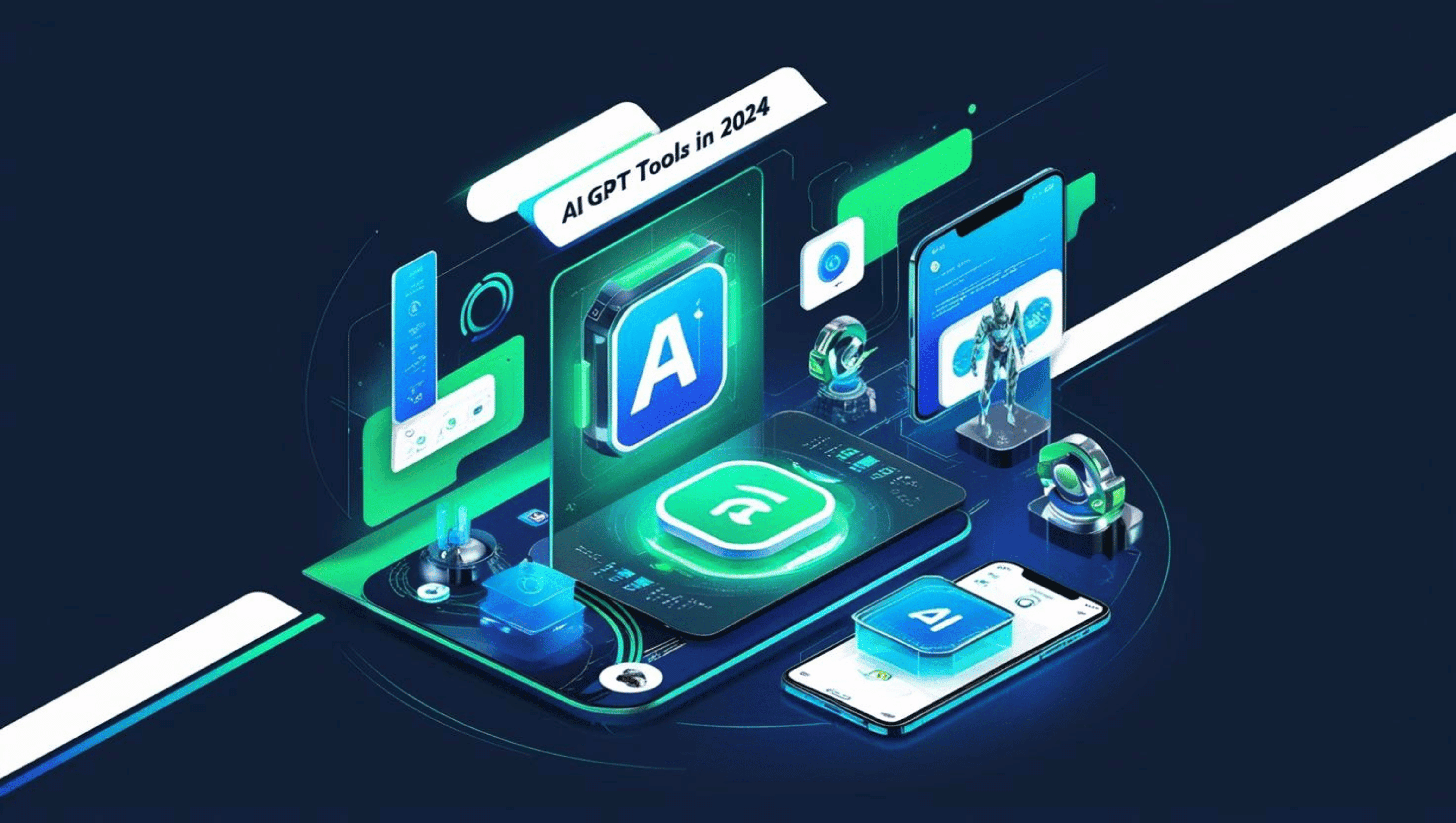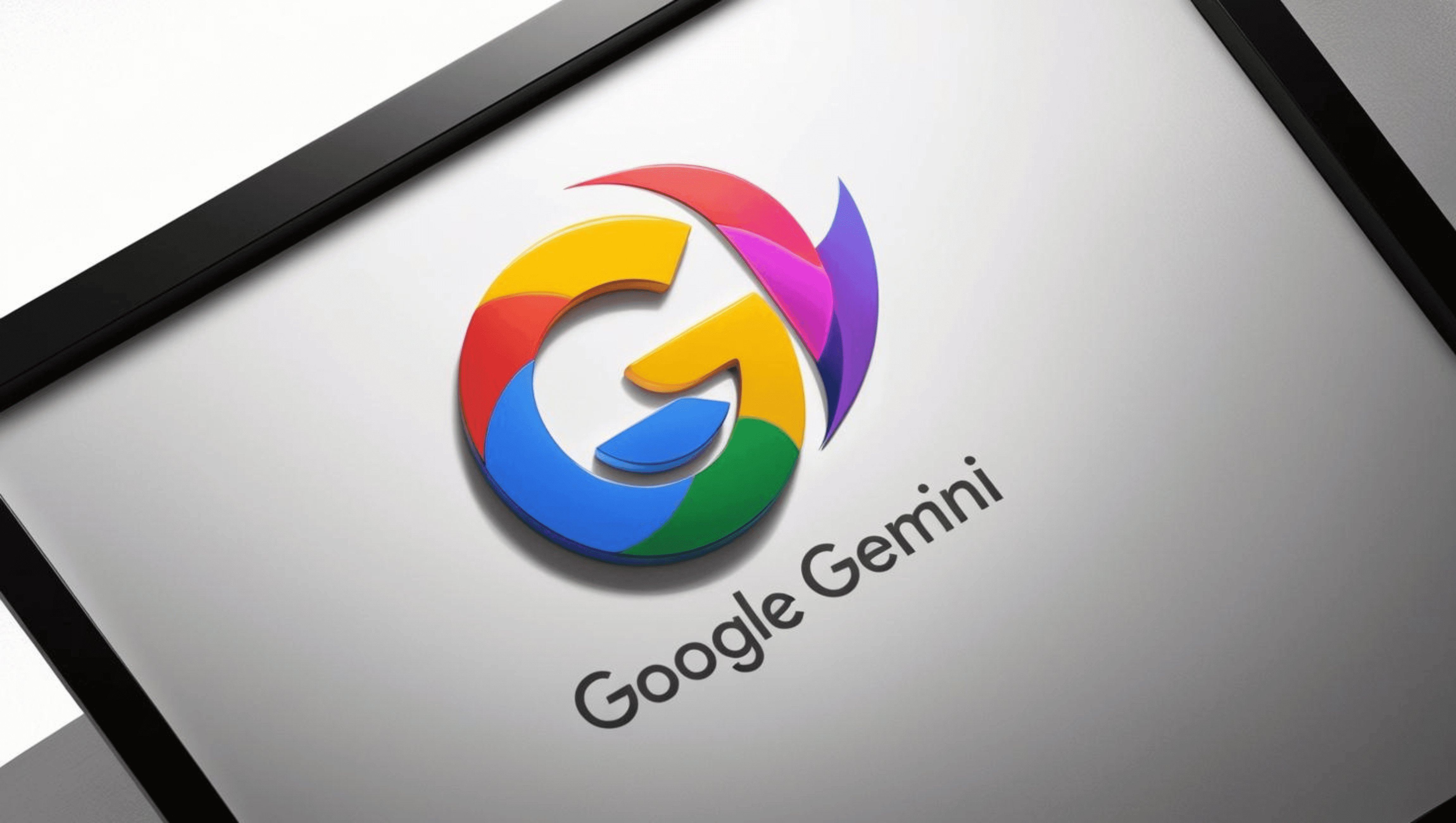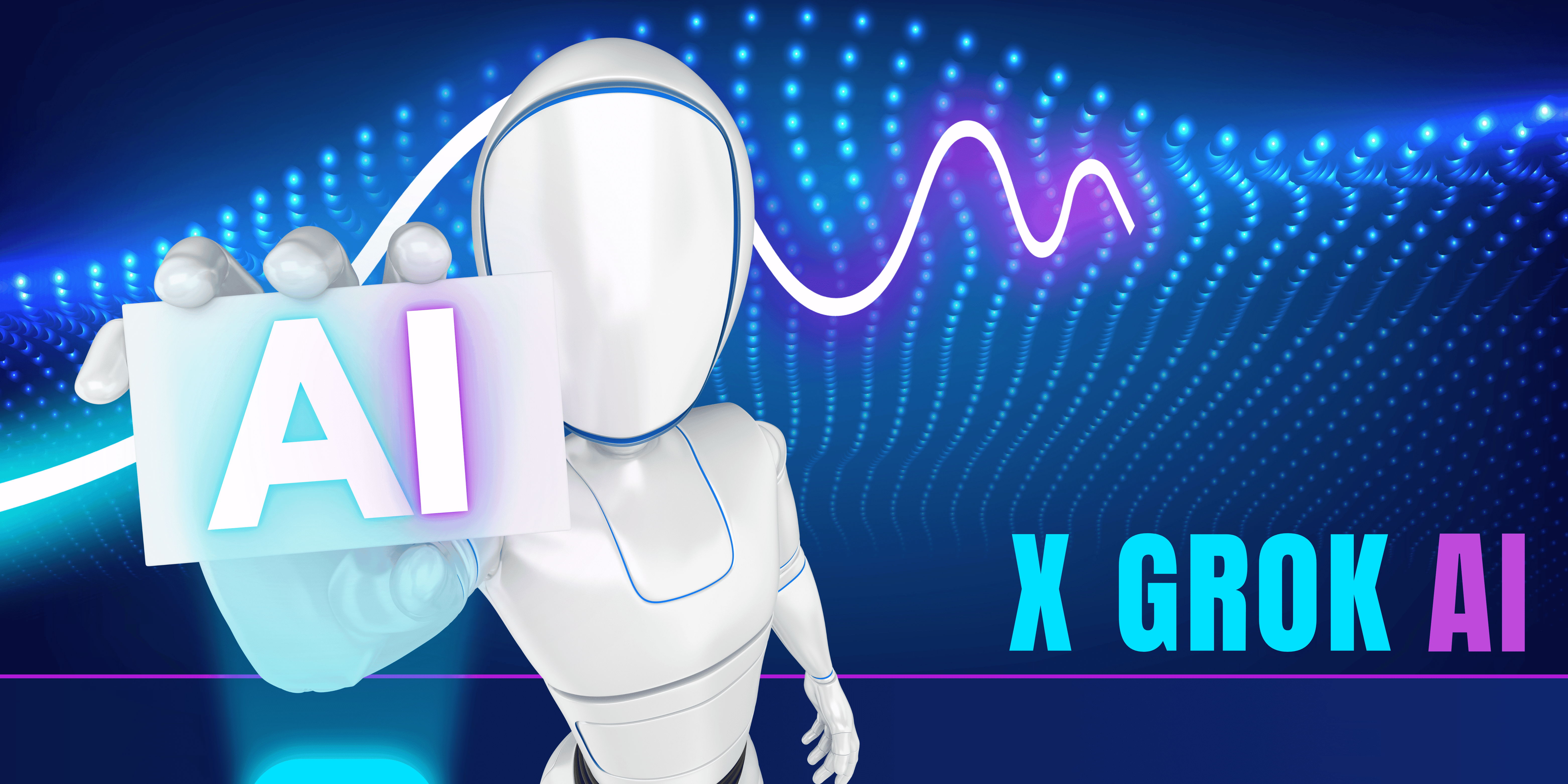
Since the launch of ChatGPT, AI chat solutions and large language models (LLMs) have been extremely popular because they can do so much: write code, compose emails, create art, draft reports, and more. Further integration of AI chatbot functionalities in daily used platforms such as Microsoft and Google Workspace has improved user experience by increasing productivity, customer support, and lead generation. As a result, many competitors have been developed due to ChatGPT’s success, all with individual features and benefits.
With 2024 approaching, it’s time to look into these alternatives in the growing AI space. The market has many options, from generative AI tools for content writing and creation, task automation and specific use cases. An AI chatbot will probably meet your needs for more customization, better security, or a different conversational style.
After deep research and testing, we have written down the five best ChatGPT alternatives for 2024.
Claude honestly has a lot going for it. First, most people will say that its default writing style feels more natural than ChatGPT. That goes beyond its tone and word choice, and it tends to be more empathetic than ChatGPT.
Claude is also the work of Anthropic, the maker of Claude, known for its dedication to ‘helpful, harmless, honest’ AI. It has carefully built Claude’s safety guardrails to continue to do so. It’s told to answer in ways that wouldn’t offend a child, and dozens of similar instructions to steer it toward good answers and avoid harmful or offensive ones when it fails.
Of course, every app on this list, including ChatGPT, is built to be as safe as possible, but Anthropic takes it a little more seriously than others.
On top of that, Claude is an excellent ChatGPT alternative because it’s probably the most similar chatbot to it (a group of ex-OpenAI employees created it). It also stands out in other ways and it. For instance, Claude has a 200,000 token context window across all its models, about 150,000 words or a whole book. With GPT-4o, ChatGPT tops out at 128,000. There are more, but only some Google Gemini models with a 1 million token context window.

Google Gemini is Google’s latest generative AI model, one of many in the AI chatbot space. Gemini combines the conversational abilities of previous AI models with real-time data access, to better integrate with Google’s ecosystem of tools and services. This ChatGPT alternative is different because it uses Google’s massive data infrastructure to provide better performance and reliable real-world applications.
For those who are very much in Google’s ecosystem, Gemini will be an excellent product for them to use. Gemini works with Google Docs, Sheets, Slides, Search, and other Google services, so if you’re using tools like these, Gemini is an excellent choice for both personal and business use. Additionally, it’s great for people who need accurate time information. In this area, ChatGPT can sometimes fall short because of its static knowledge base.
Copilot is Microsoft’s innovative solution to make the Edge browser and Bing search engine more functional. If you use Microsoft Edge, it’s available in the browser’s sidebar, so users can ask complex questions and get comprehensive answers without having to switch tabs.
It’s an excellent option for effective research because you can verify any claims instantly. You also have the option, of course, to open it in another tab for a more focused environment. Copilot’s claims are cited with links to the sources, making it even more reliable. It is easier and quicker to scour the web for specific information.
On the technical side, the platform also uses the GPT-4 language model, so it’s an excellent AI tool if you don’t want to lose ChatGPT’s advanced generative capabilities. You can also use Copilot to directly interact with PDF files you open in Edge and ask questions about the document.
Technically, perplexity is a ChatGPT alternative, but it’s more of an alternative to traditional search engines. It’s a little like a typical conversational AI chatbot. Still, it’s meant to be more accurate and up to date, not unlike Google’s AI overviews, but without the bad publicity.
This will give you more sources than ChatGPT (by a long shot) and even provide you with control over which sources it uses. For instance, you can tell it to search the whole internet, or just academic papers, Wolfram Alpha, YouTube, or Reddit, based on what you believe is most appropriate for your query. It also allows you to pick which AI model to use (GPT-4o, GPT-4 Turbo, Claude 3 Sonnet, Claude 3 Opus, and Sonar 32k, a Llama 3 based model from Meta). In contrast, ChatGPT is just using the GPT models.
Another neat feature is that it lets you sort your searches into collections, which is much more organized than the ChatGPT sidebar.
Of course, it will do all the things you expect of ChatGPT: answer questions, write emails for you, generate images. It’s not as good as ChatGPT, but if you just want to search the web, it’s a good option.

X Grok AI is an integrated AI assistant built for X (formerly Twitter) users. Grok is different from general-purpose models like ChatGPT in that it is designed to provide contextual information and have relevant conversations within the X platform. Designed as an X ChatGPT alternative, instead it engages in a dialogue with you and delivers tailored responses and insights to add to your X experience without depending on external tools or apps.
If you’re already active on X and want to have an AI that can help you with conversations, give you insights, and answer your queries in your feeds, then xGrok AI is for you. For casual users who need instant AI-driven information or businesses using X to interact with their audience, it’s a handy option. Having an AI assistant on a social media platform makes it even more convenient.
We’re in 2024, and the AI chatbot landscape is changing rapidly. In the times of a variety of ChatGPT alternatives, users can choose a solution that meets purpose best, whether personal questionings, professional works or technical assistance. As AI becomes more commoditized, we expect this trend to continue with more and more alternatives being created to fill specific needs.
Additionally, as the world adopts ChatGPT-like tools in everyday use cases, from customer support to personal productivity, demand for these technologies is expected to skyrocket. With more businesses and people realizing the value of AI chatbots, we can expect to see more and more innovative alternatives to cater to a growing audience. It not only improves the user experience but this evolution also promises that this high-end conversational AI will be usable to all, leading the path to a time when this will be a part of everyday life.